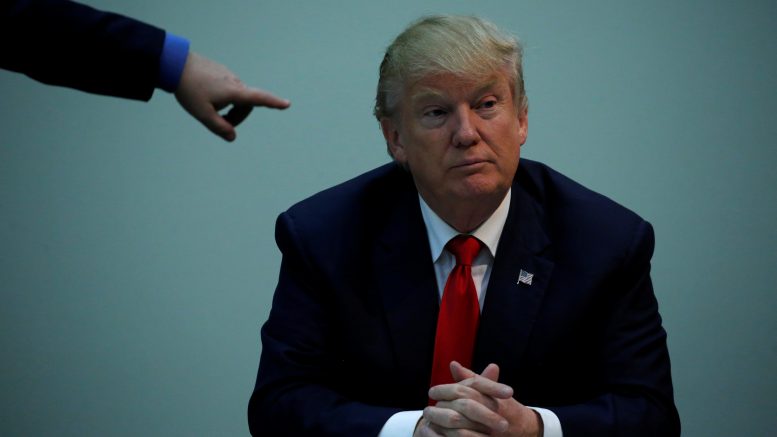Over the course of his campaign, president-elect Donald Trump has laid out an extensive plan of legislative actions for his first 100 days in office, but he may be a bit preoccupied with something unrelated to the nation’s highest office: dozens of lawsuits. The soon-to-be-president faces the unprecedented task of defending himself in 75 cases while preparing to transition and settle into the job of commander-in-chief, a months-long USA Today investigation found.
Three cases stem from the false claims, racketeering and fraud used by the so-called “Trump University,” a for-profit, online business education program that is not accredited, nor does it offer degrees, grades or college credit to its students. Gonzalo Curiel, the judge presiding over the class action suit Low, et al. vs. Trump University LLC, et al. , the most prominent of the three cases, denied the defendant’s motion for a case dismissal after Trump accused him of bias on account of his ethnic heritage. Curiel, who was born in Indiana, will preside over the full trial on Nov. 28.
While the Trump University cases are the most high-profile and serious suits Trump faces, other cases include a discrimination lawsuit filed by a woman alleging she was fired from Trump Kids Club at Trump’s Jupiter, Florida, golf club two weeks after alerting her managers of an instance of sexual harassment; another discrimination case involving an employee at Trump’s New Jersey golf club who said he was harassed because of his sexuality; a class-action lawsuit accusing the president-elect’s campaign of sending text messages to the cell phones of plaintiffs who didn’t provide phone numbers and a $4 million defamation suit by a Republican consultant against Trump and his former campaign manager Corey Lewandowski.
What do all these lawsuits mean for Trump?
Though the cases are civil and not criminal, they could result, at worst for Trump, in large fines, but not jail time. Still, convictions of illegal activity could provide ammo for those seeking to impeach the president-elect.
Almost immediately after his election, multiple petitions for his impeachment appeared online. Impeachment is most commonly employed when a leaders commits crimes while in office, but, historically, have also been a consequence of convictions for crimes committed before the official has taken office, according to the Congressional Research Service .
In 1997, for example, the Supreme Court established that the president “is subject to the same laws that apply to all citizens” when it heard the arguments in a case alleging that Clinton had sexually harassed Arkansas state employee Paula Jones before he assumed the presidential office. House representatives used the case, along with his affair with White House intern Monica Lewinsky, as a basis for his impeachment in 1998. Impeachment can also be used simply as a response to “behavior incompatible with the function and purpose of the office,” according to the Congressional Research Service , which would likely include activities like fraud, discrimination and other offenses Trump has allegedly committed.
Source: www.ibtimes.com





Be the first to comment on "Donald Trump Lawsuits: President-Elect Faces 75 Lawsuits for Discrimination, Racketeering, Defamation"